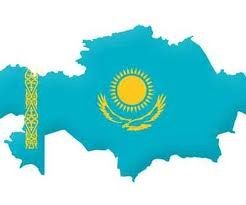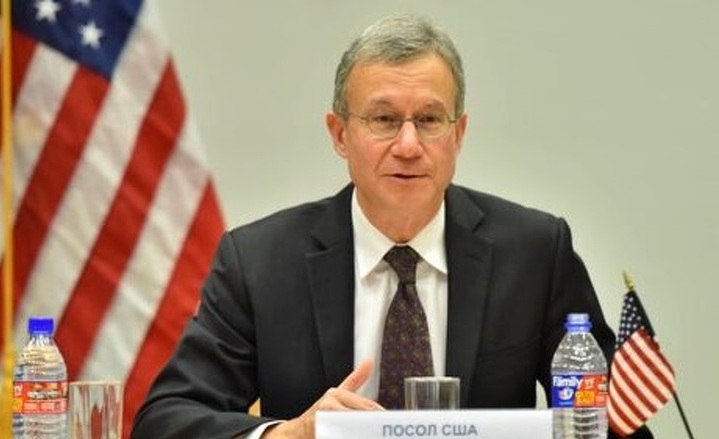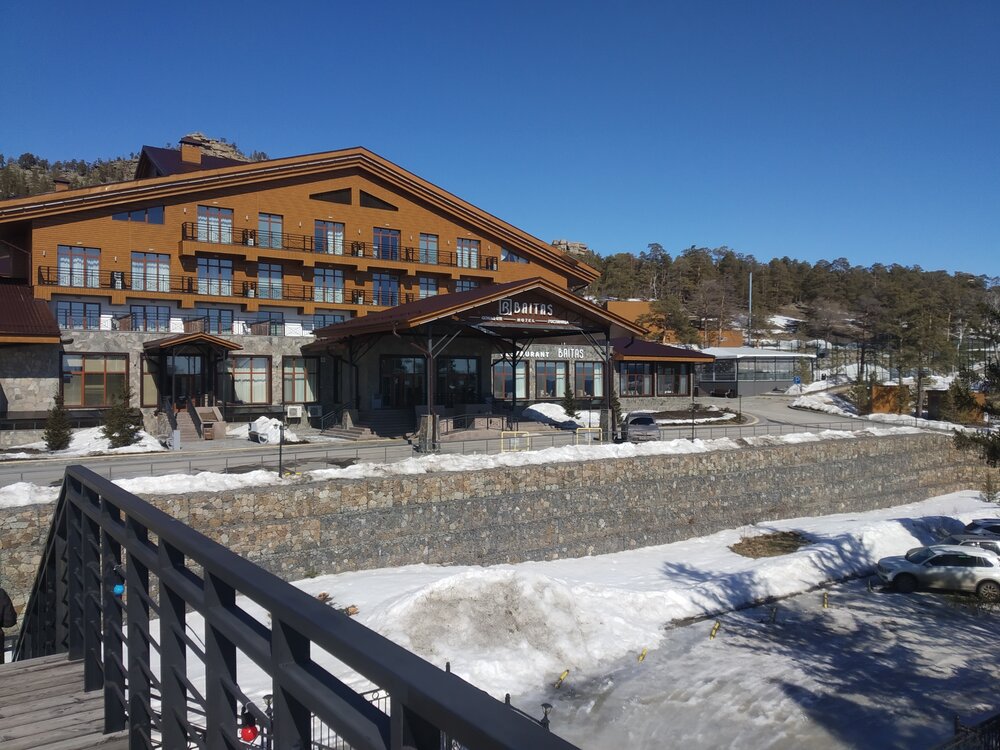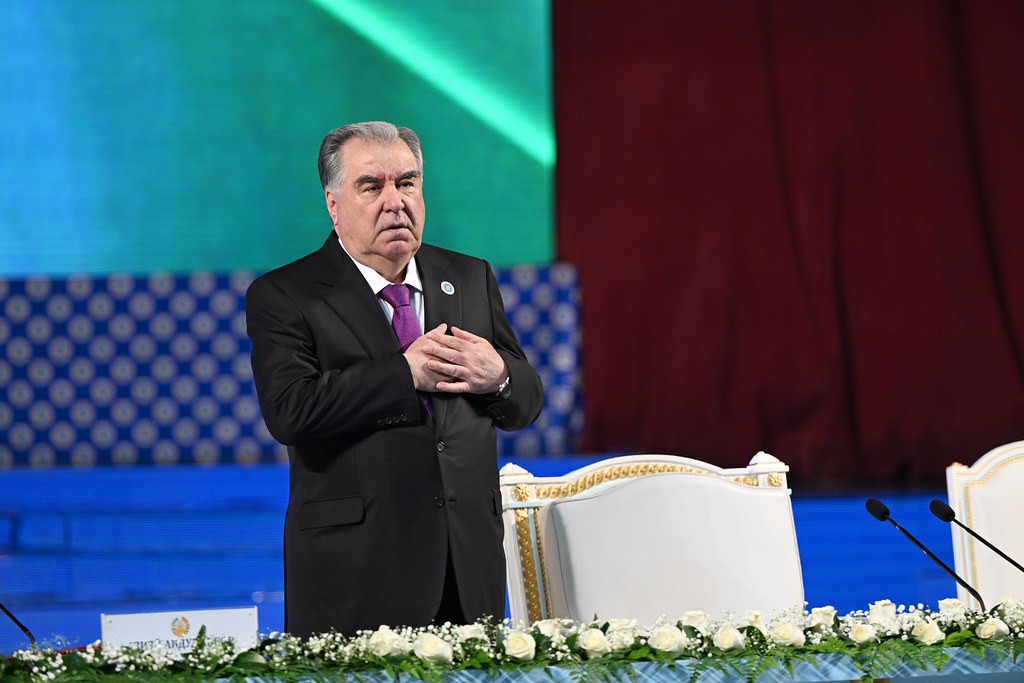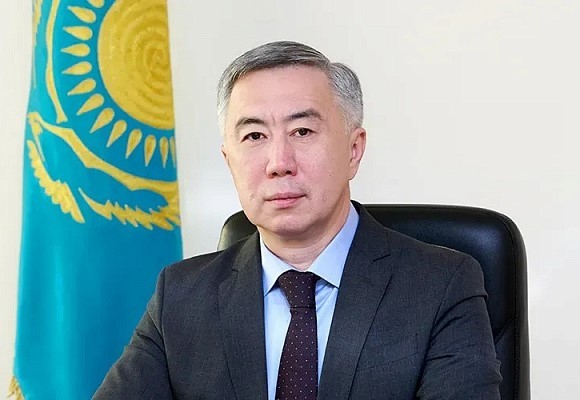NUR-SULTAN (TCA) — A meeting of the Council on Improving the Investment Climate in Kazakhstan was held on November 18, chaired by Prime Minister Askar Mamin. It considered the issues of developing a competitive environment in the Kazakhstani economy in accordance with the requirements of the World Trade Organization and the Organization for Economic Cooperation and Development, the prime minister’s press service reported.
Minister of National Economy Ruslan Dalenov, as well as the US Ambassador in Kazakhstan William Moser, UK Ambassador to Kazakhstan Michael Gifford, Ambassador of Canada in Kazakhstan Nicholas Brousseau, EU Ambassador Sven-Olov Carlsson, Special Envoy of the Prime Minister of Canada in the EU and Europe Stephane Dion, representatives of OECD and Ernst & Young consulting company made reports on the state and prospects of economic competition in Kazakhstan, as well as proposals for improving the policies in this area.
The measures taken by Kazakhstan to develop competition and the business climate contributed to the growth of the country’s economy by 4.4% over 10 months of 2019, as well as increasing the position of Kazakhstan in the ratings of the EBRD, IMF, ADB, World Bank and the World Economic Forum. The issue of raising the status of Kazakhstan in the OECD Competition Committee is being considered.
Prime Minister Mamin said that in order to reduce the role of the state in the economy by the end of this year, the number of activities in which companies with state participation are allowed to be reduced by more than 30% – from 347 to 240.
The prime minister informed that of the 864 assets of the Comprehensive Privatization Plan for 2016-2020, about 500 have been privatized to date, which has increased the productivity and efficiency of infrastructure management, management in the construction, mining, agricultural, processing and other sectors.
The head of the Kazakh Government emphasized that one of the priorities of the economic policy of Kazakhstan is the development of small and medium-sized businesses.
“From 2005 to 2018, the share of SMEs in the country’s economy almost tripled – from 10.5% to 28.4%. By 2025, we intend to bring this figure to 35%,” said the prime minister.
